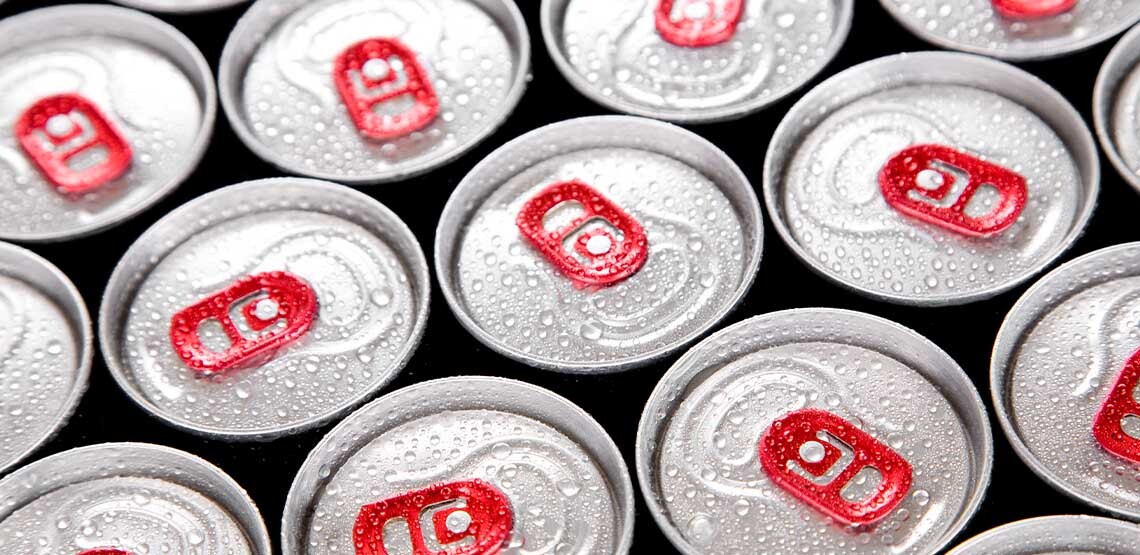What Does a Stomach Ulcer Feel Like?
Stomach ulcers are a very common gastrointestinal problem. According to the Centers for Disease Control and Prevention, stomach ulcers affect over 6 million people in the U.S. So, what does a stomach ulcer feel like? Well, the article below takes a look at what an ulcer feels like, its treatment options and how to reduce your risk of getting an ulcer.
What is an Ulcer?
An ulcer involves an open sore in a part of the gastrointestinal tract. An ulcer can develop in two different sections of the digestive system. A gastric ulcer occurs in the inside lining of the stomach. A peptic ulcer occurs in the upper part of the small intestine. Both a gastric ulcer and a peptic ulcer are sometimes called stomach ulcers.
Causes of Stomach Ulcers
In the past, it was thought that stomach ulcers developed primarily due to stress. Although stress is not a direct cause of ulcers, it can make symptoms worse. But research has indicated the most common cause of ulcers is an infection. The bacterium Helicobacter pylori is frequently a cause of a stomach ulcer.
The second most common cause of stomach ulcers is the long-term use of non-steroidal anti-inflammatory medications. The medication causes the mucus layer of the digestive tract to wear away.
Although anyone can develop an ulcer, there are certain factors that increase a person’s risk, including the following:
- Having a family history of ulcers.
- Smoking.
- Drinking alcohol frequently.
- Kidney, liver, or lung disease.
What Are the Symptoms?
Some people with a stomach ulcer may not have any symptoms, especially at first. But symptoms can develop and may vary in severity.
Typical symptoms include:
1. Pain
The pain associated with an ulcer is often described as burning or gnawing. It usually starts in the upper or middle part of the stomach and occurs after eating. Relief from the pain may occur after taking an antacid.
2. Bloating
Bloating makes someone feel full even if they have not eaten a big meal. It may cause burping or passing gas.
3. Heartburn
Heartburn can involve a burning sensation, often down the center of the chest. It might also cause a pressure sensation.
If symptoms become severe, they may include the following:
- Vomiting.
- Weight loss.
- Black stools.
Complications of an ulcer can include internal bleeding, a hole in the stomach wall and an obstruction in the digestive tract.
Related Search Topics (Ads)
Early Warning Signs
Since stomach ulcer symptoms may not appear at first, are there any early warning signs? The most common early sign of a stomach ulcer is a burning pain in the stomach. Not every case of heartburn means you have an ulcer. But if the pain occurs often or gets worse as time goes on, it is best to see a doctor to rule out an ulcer.
Ulcer Treatment Options
Treatment for a stomach ulcer may depend on the severity of symptoms. In many cases, treatment may involve a combination of lifestyle changes and medications. Lifestyle changes may include:
- Limiting the use of non-steroidal anti-inflammatory medications.
- Not smoking.
- Limiting alcohol.
- Avoiding spicy foods, which may aggravate symptoms.
When lifestyle factors alone are not enough, medication is often recommended to treat a stomach ulcer. Different classes of drugs are available, such as the following:
- Histamine blockers: This class of medications works by reducing acid production in the stomach. Common medications include Zantac, Pepcid and Tagamet.
- Proton pump inhibitors: These medications also reduce acid, which helps the ulcer heal. Examples of protein pump inhibitors include Nexium, Prilosec and Nexium.
- Antibiotics: Antibiotics help kill bacteria. An antibiotic may help treat the bacterium Helicobacter pylori.
In severe cases, if an ulcer is bleeding, additional treatment may be needed. For example, cauterization of the tissue may help to stop the bleeding.
Prevention Techniques
It may not always be possible to prevent an ulcer from developing. But there are several things someone can do to reduce their risk. Consider the following tips to prevent a stomach ulcer:
- Avoid taking non-steroidal anti-inflammatory medications (NSAIDs): Although NSAIDs help reduce pain, alternative medications may be an option. If you regularly take NSAIDs, talk with your healthcare provider about other possible medications to reduce pain, such as acetaminophen. If you do have to take NSAIDs, take the lowest dose possible for relief and avoid taking it on an empty stomach.
- Drink alcohol in moderation only: A few glasses of wine occasionally will usually not lead to an ulcer. But regular alcohol use increases your risk of developing an ulcer. Consider drinking alcohol in moderation, if at all.
- Decrease your risk of infection: It is not entirely known how Helicobacter pylori spreads. But some evidence shows it is transmitted from person-to-person or through contaminated water or food. Take steps to reduce your risk of infection, such as frequent handwashing and washing fruits and veggies before eating them, as well as making sure food is cooked properly.


